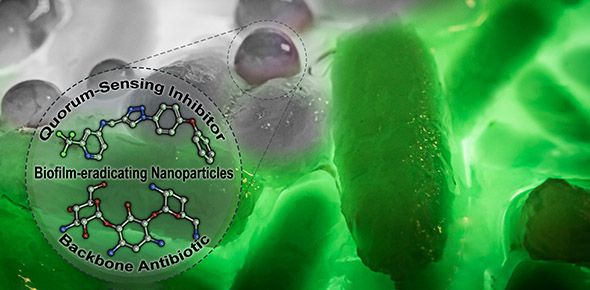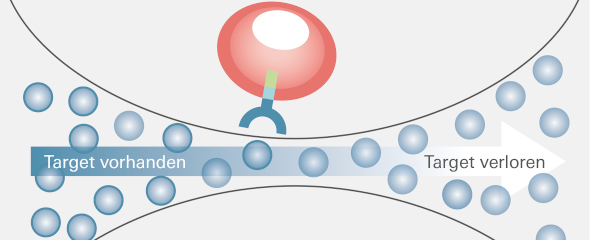Newsroom






HZI in the media
11.07.2025
|
t-online.de
11.07.2025
|
Regional Heute
06.07.2025
|
Magdeburger News
04.07.2025
|
Pharmazeutische Zeitung
04.07.2025
|
Maldankon
03.07.2025
|
Phys.org
03.07.2025
|
Deutsches Ärzteblatt